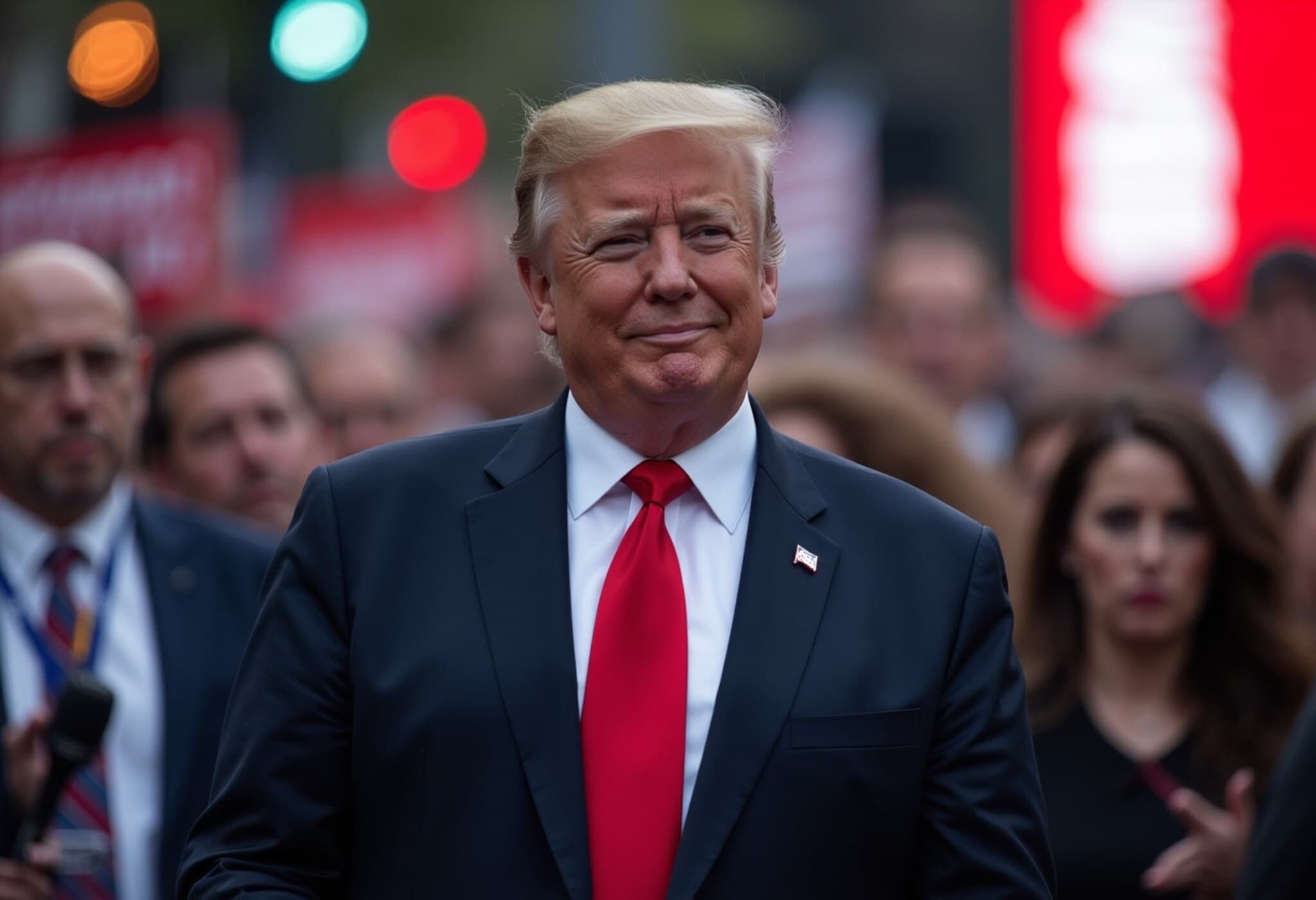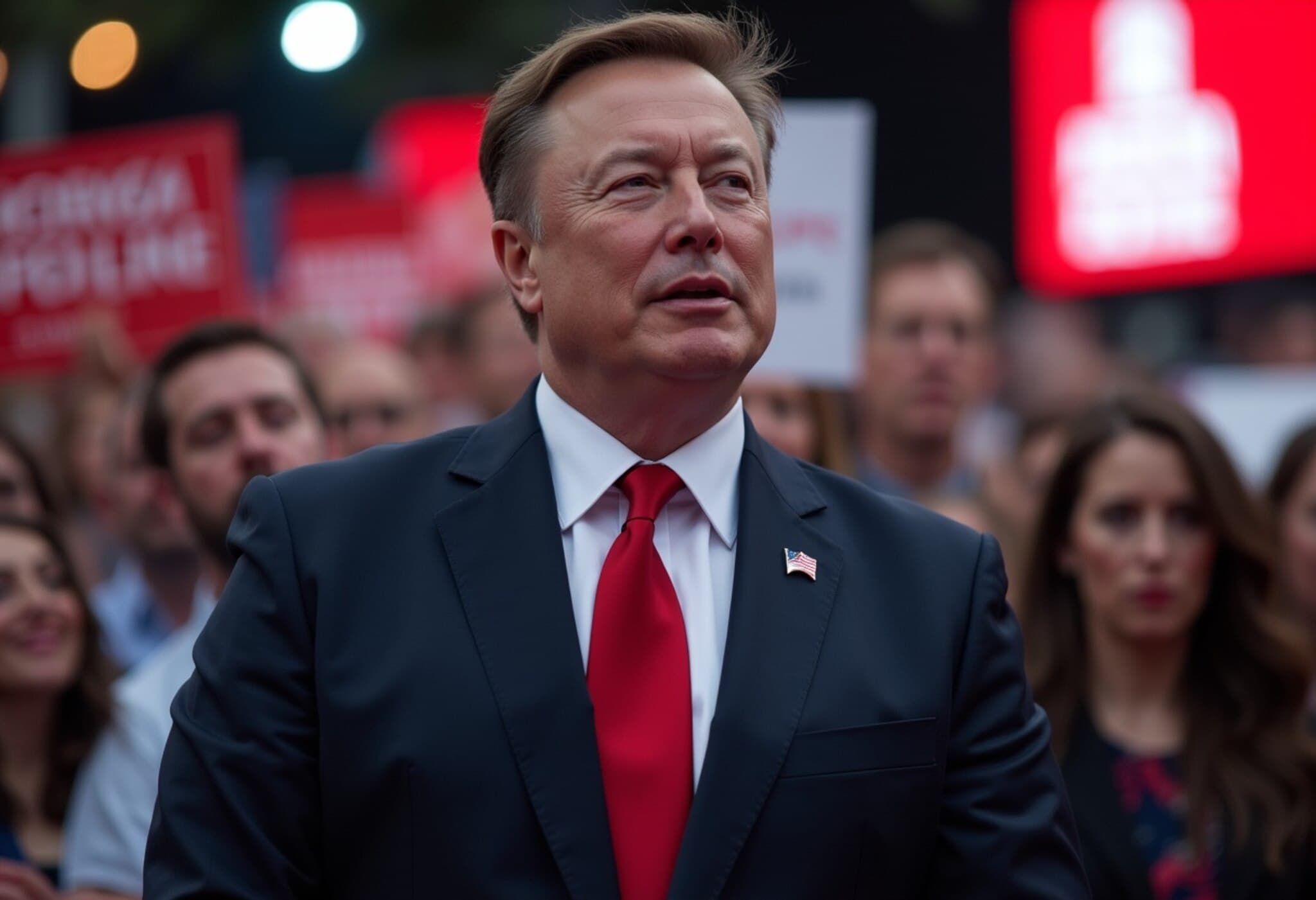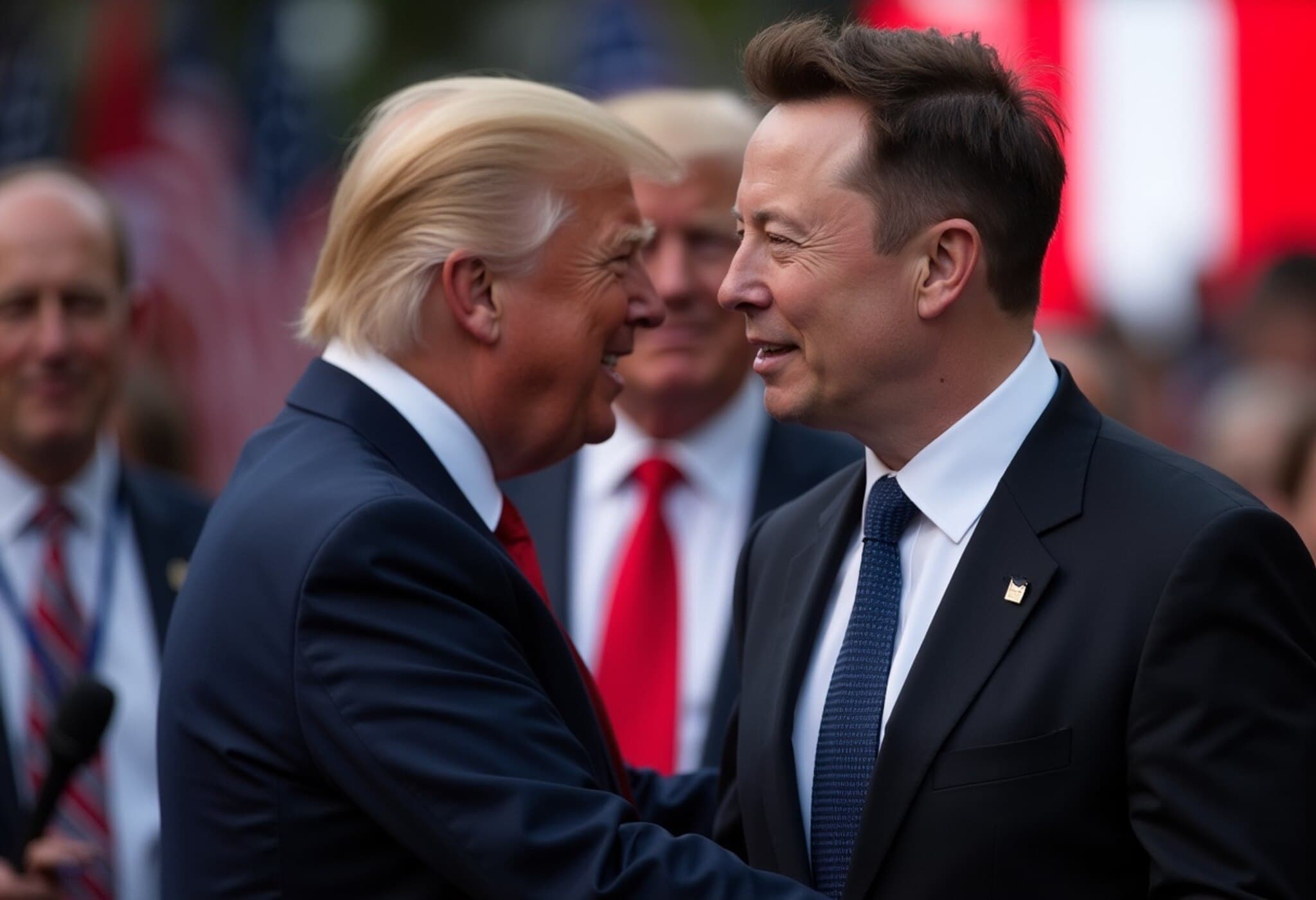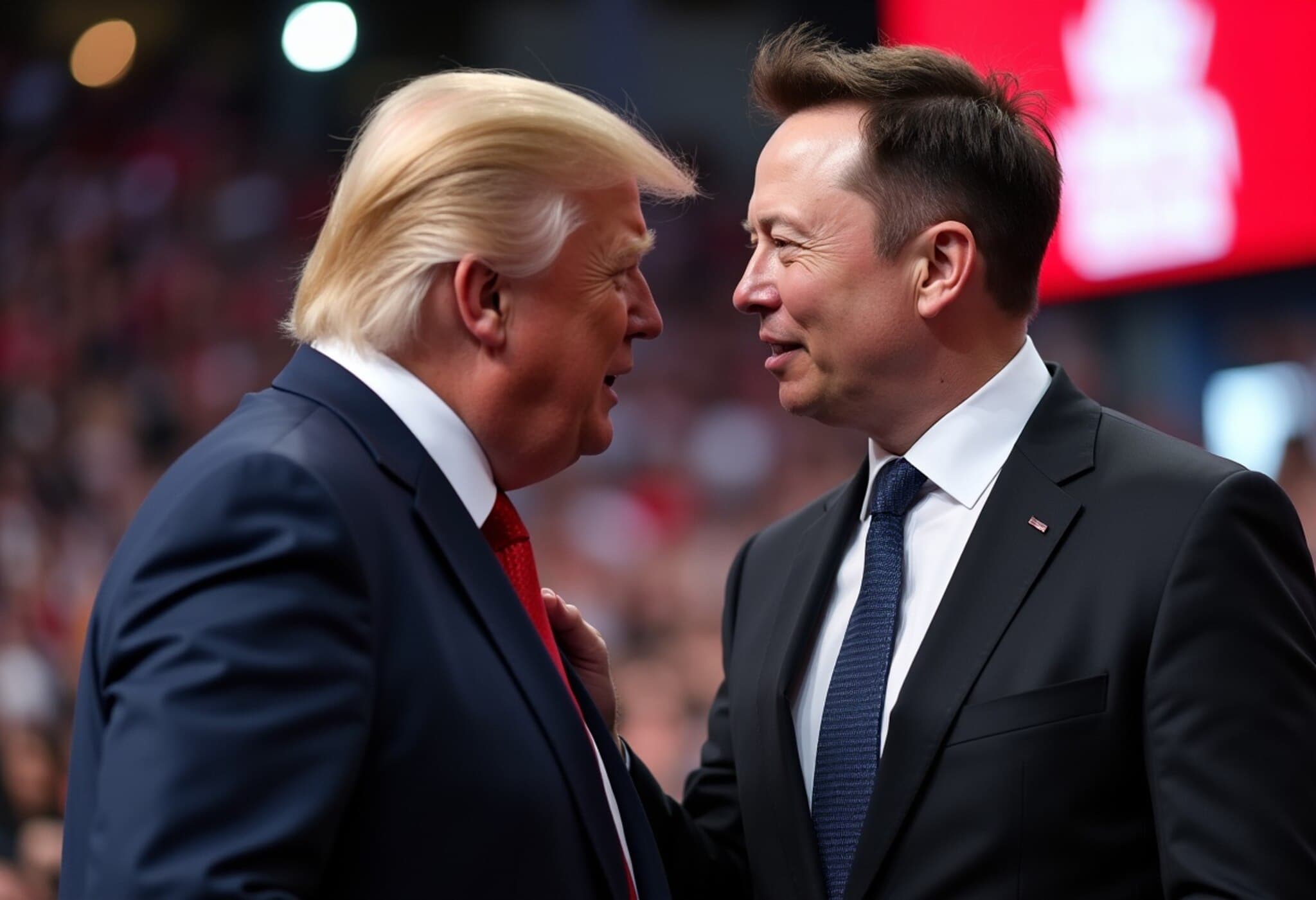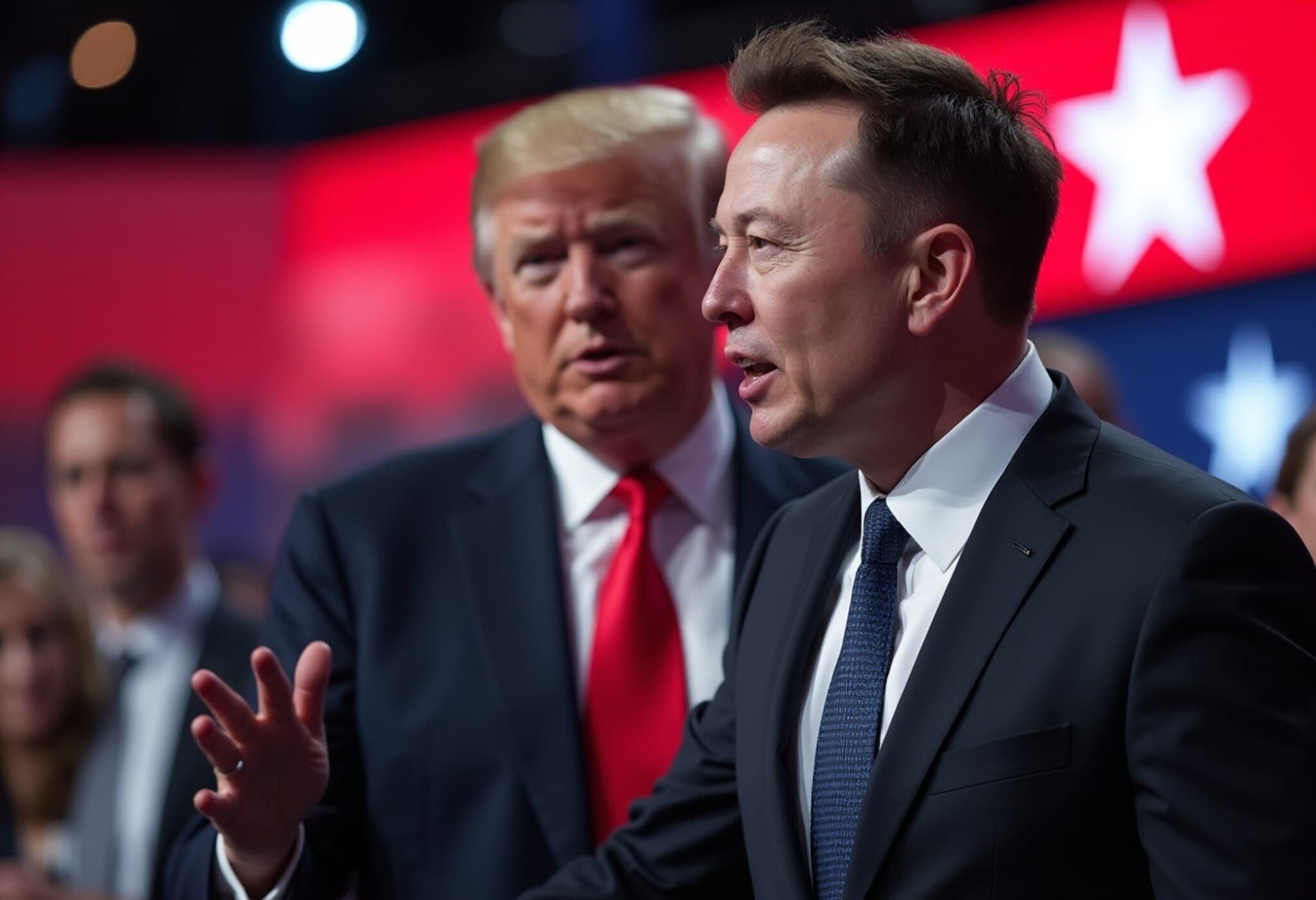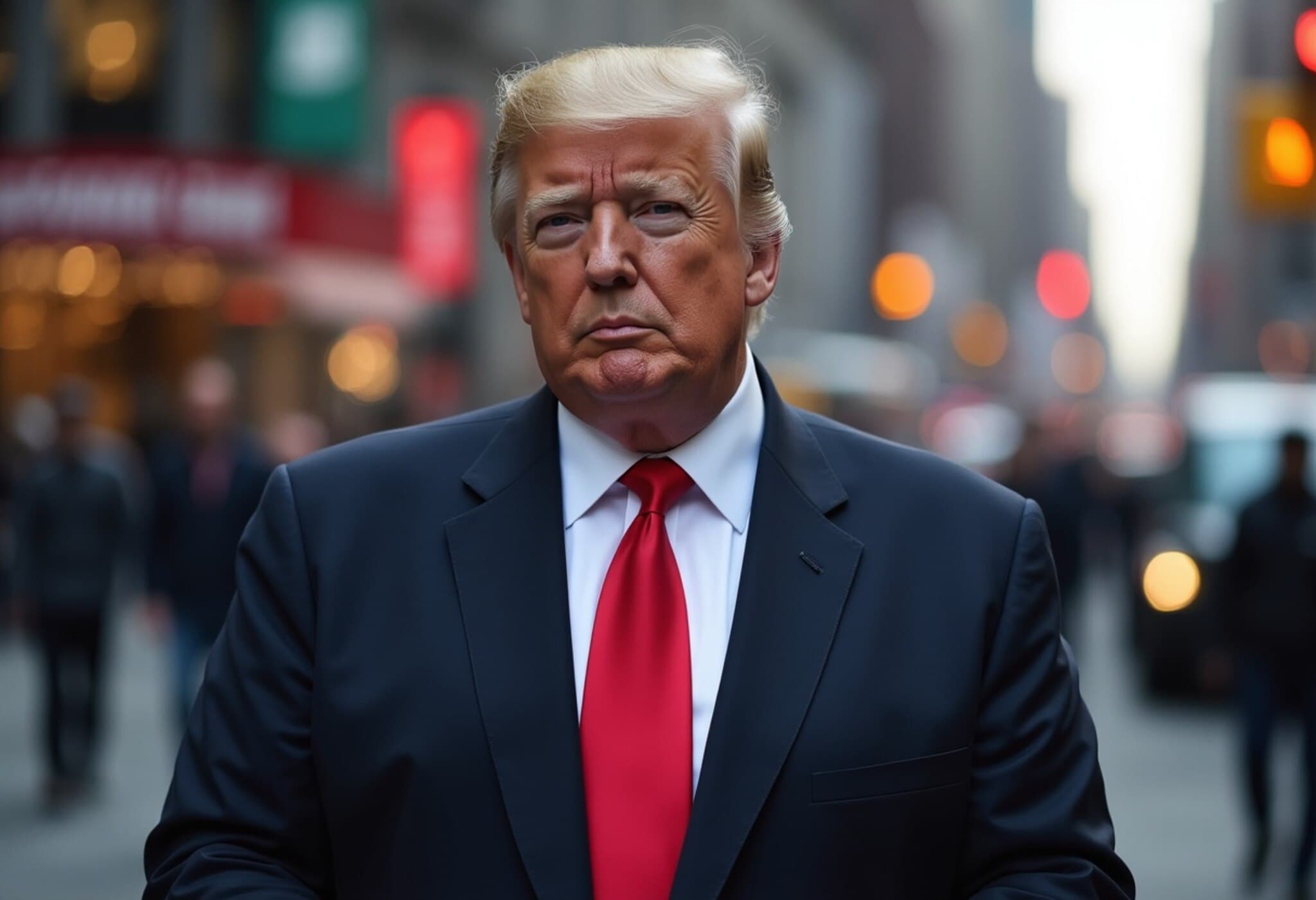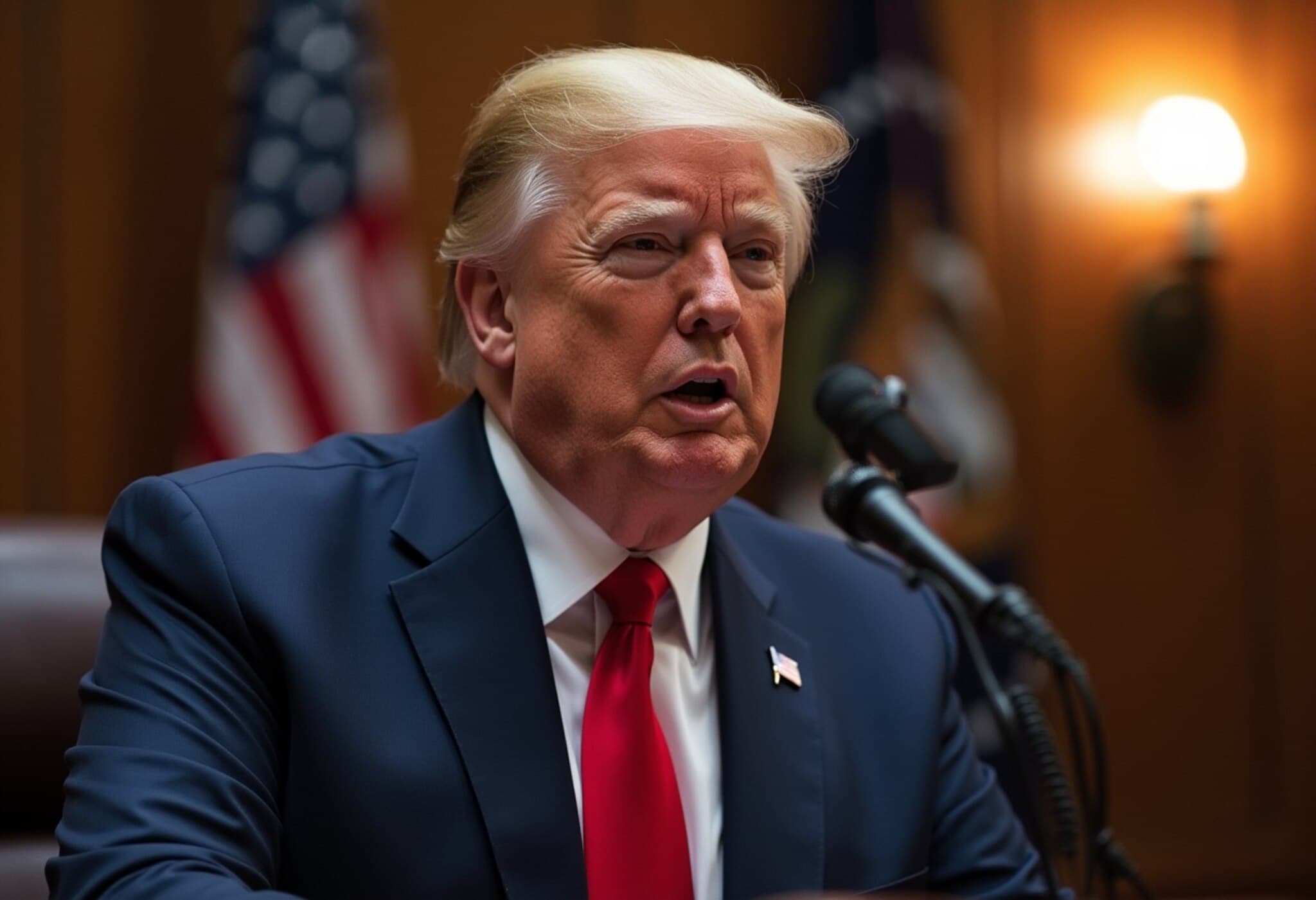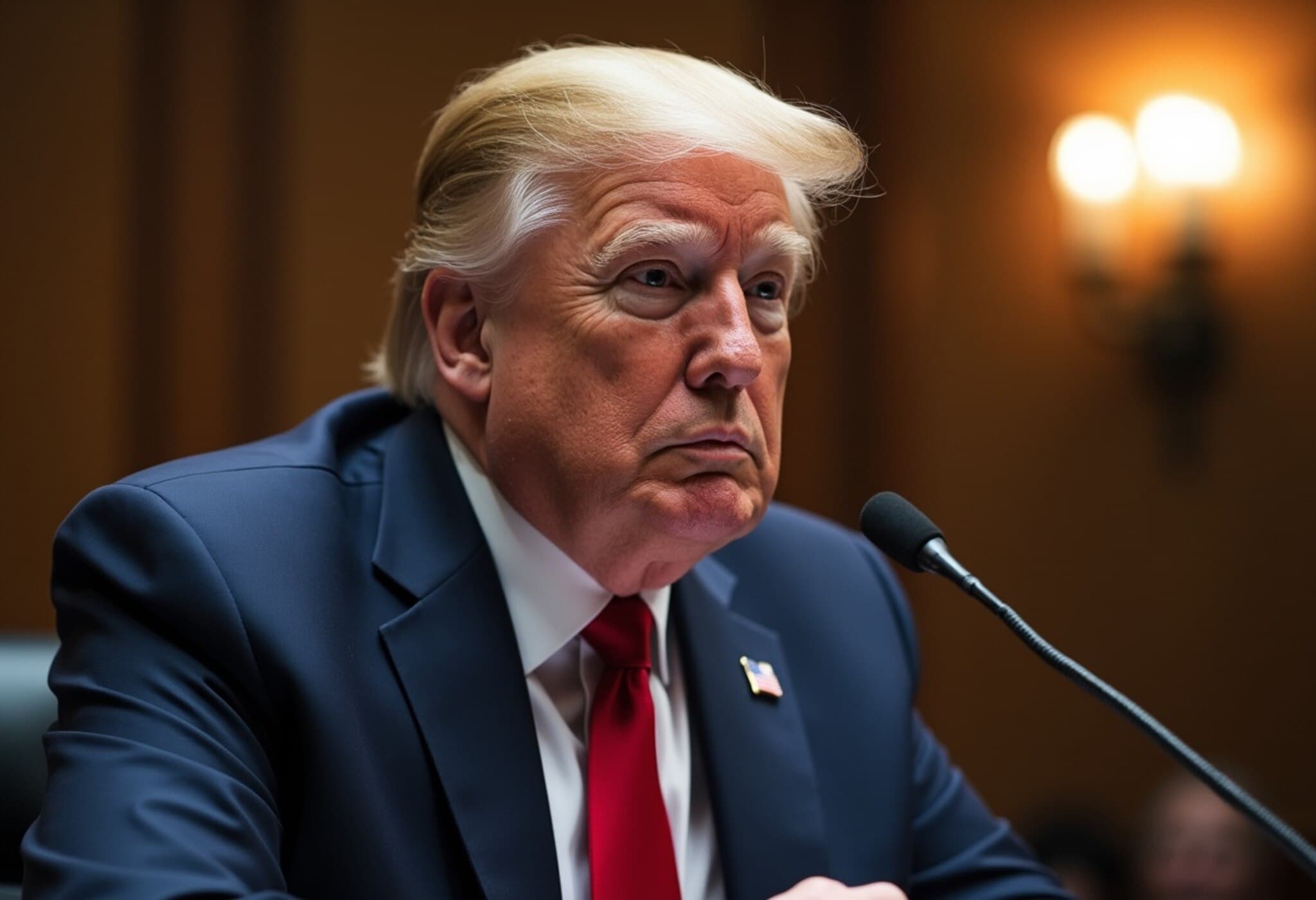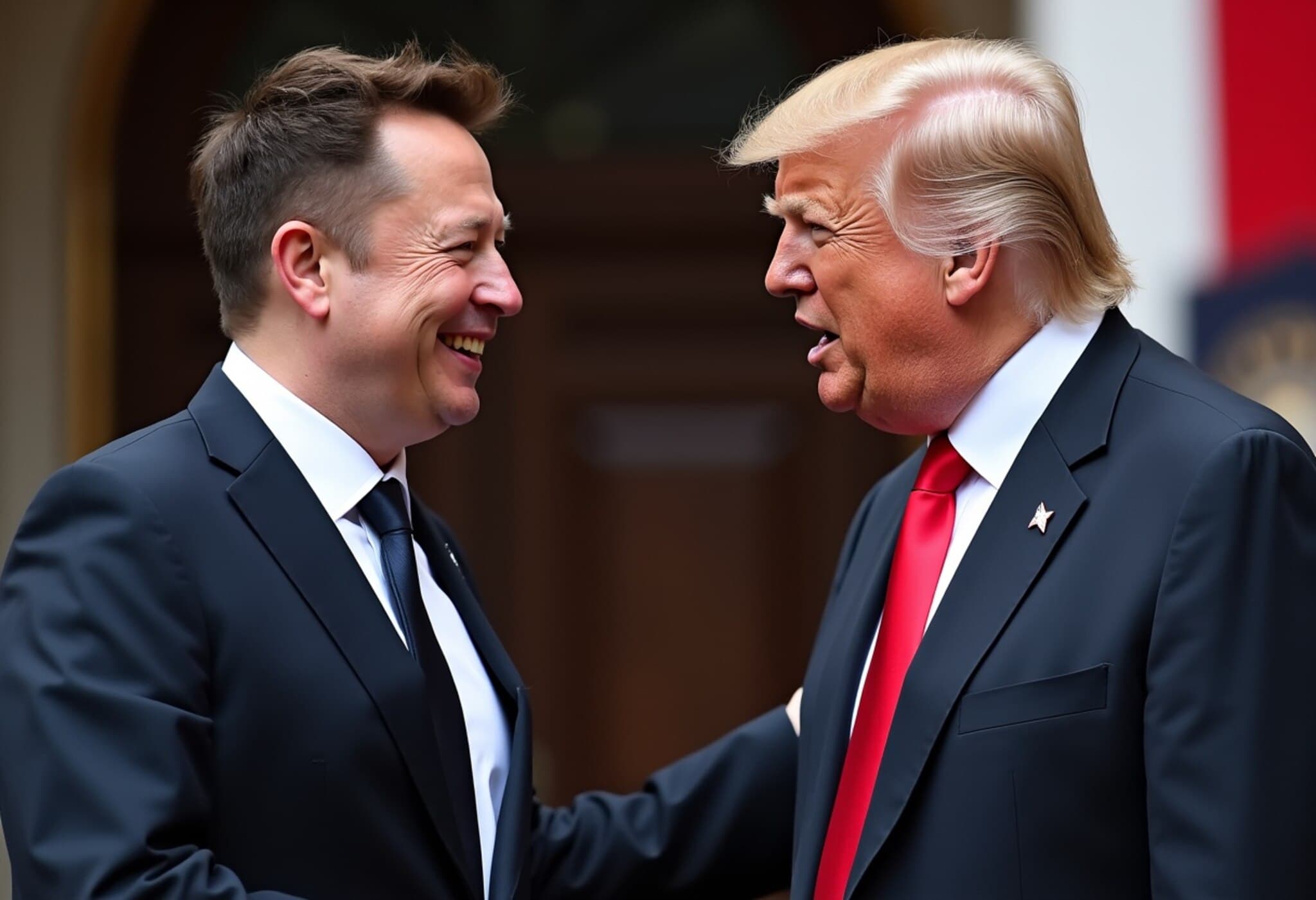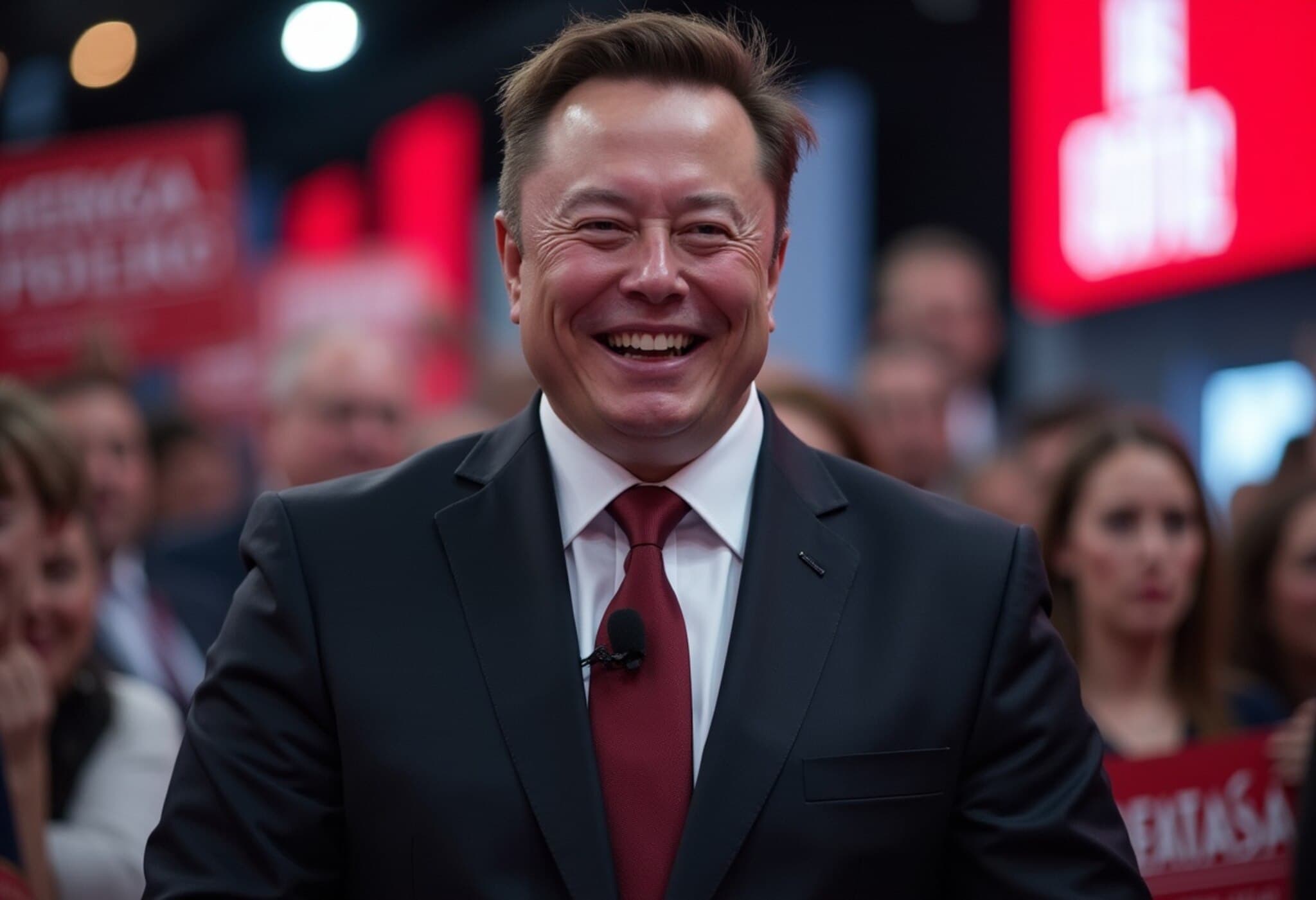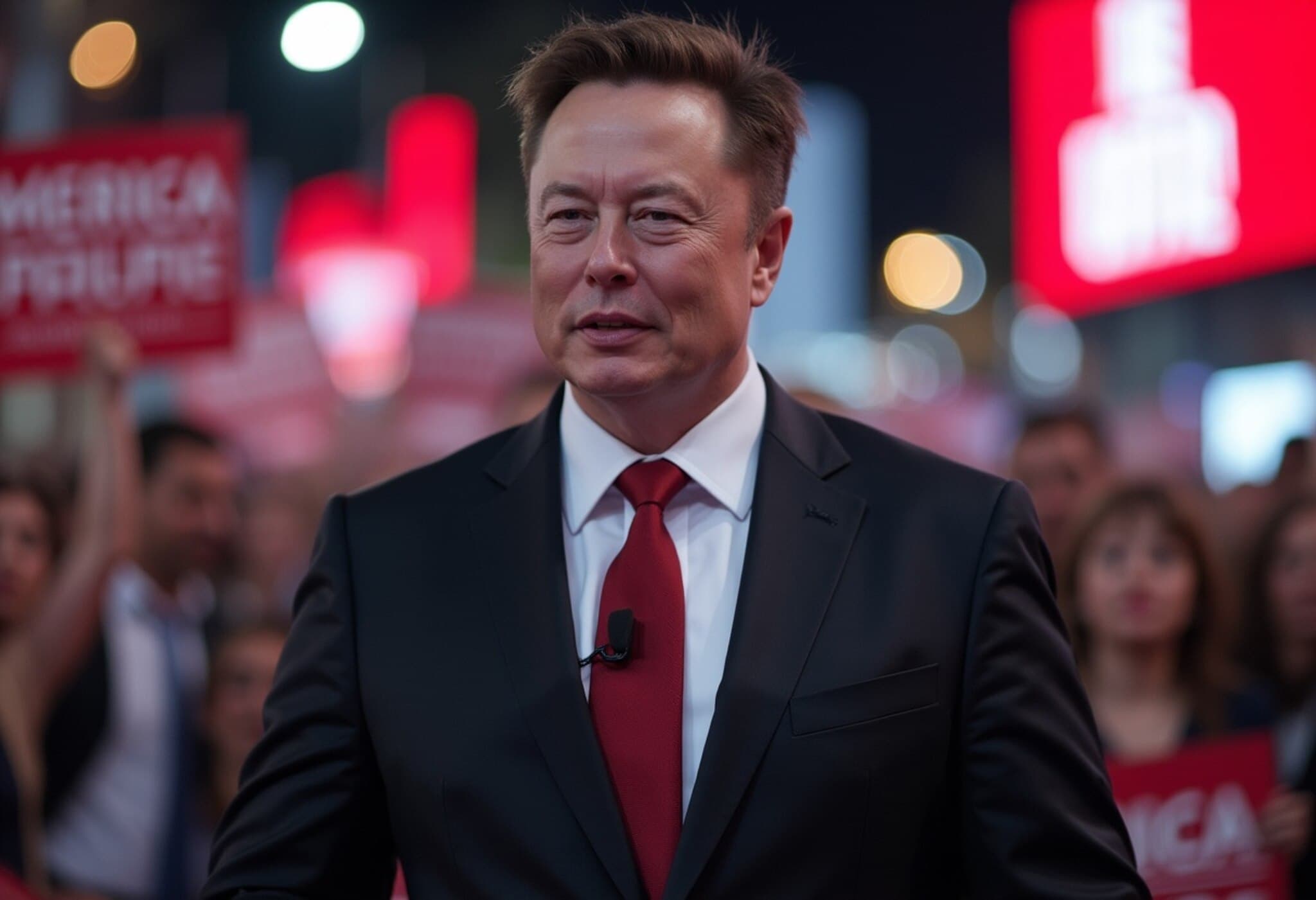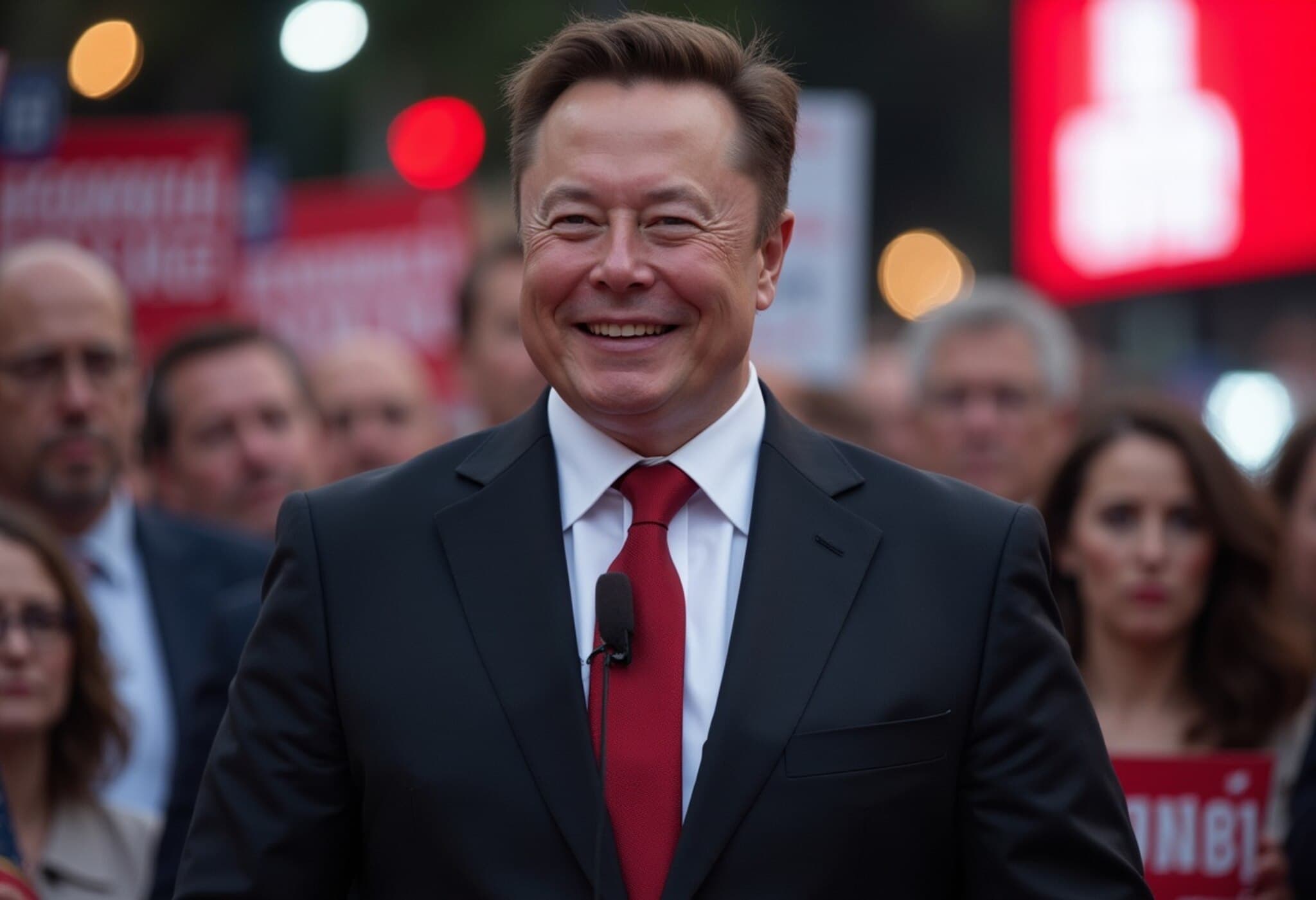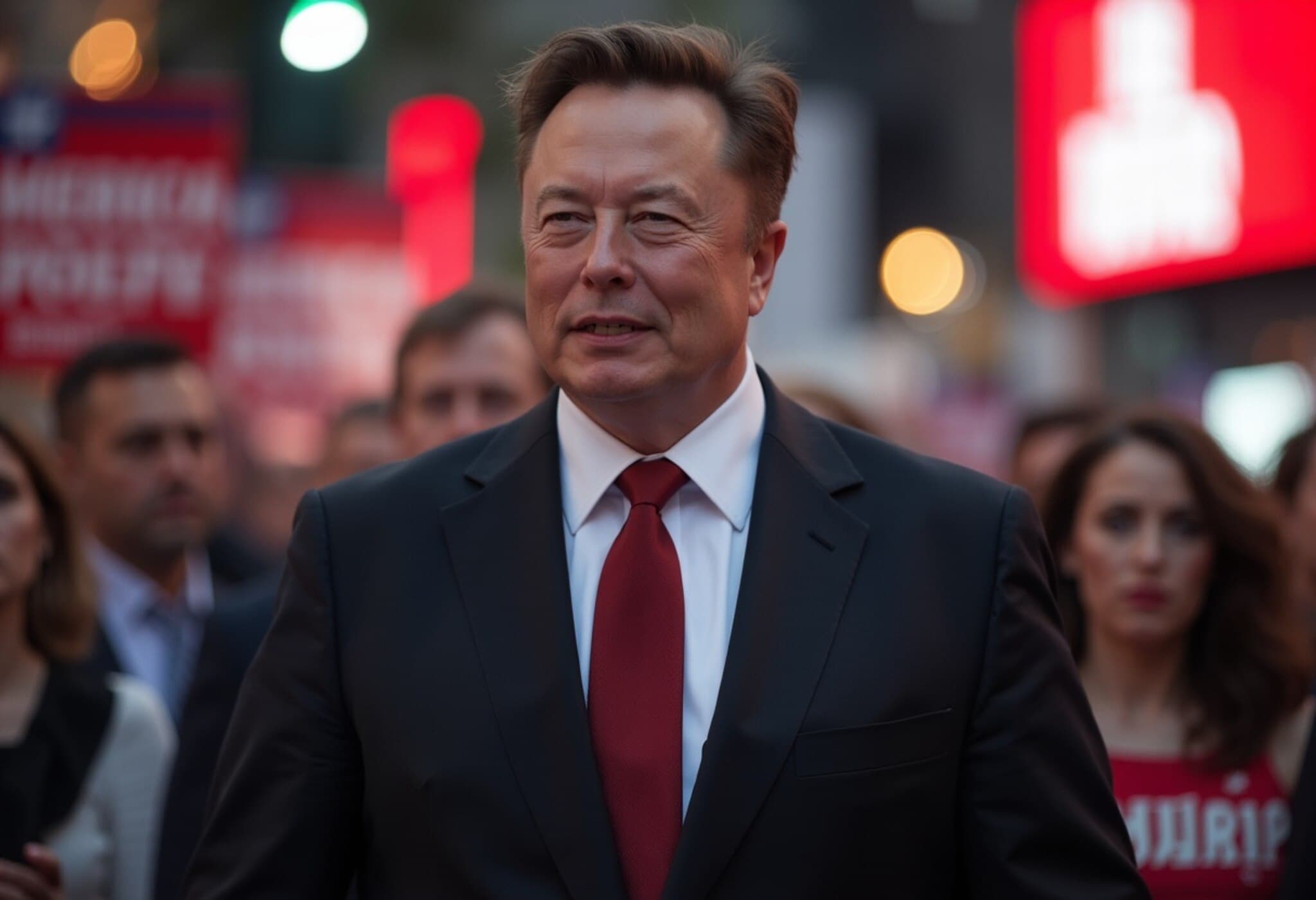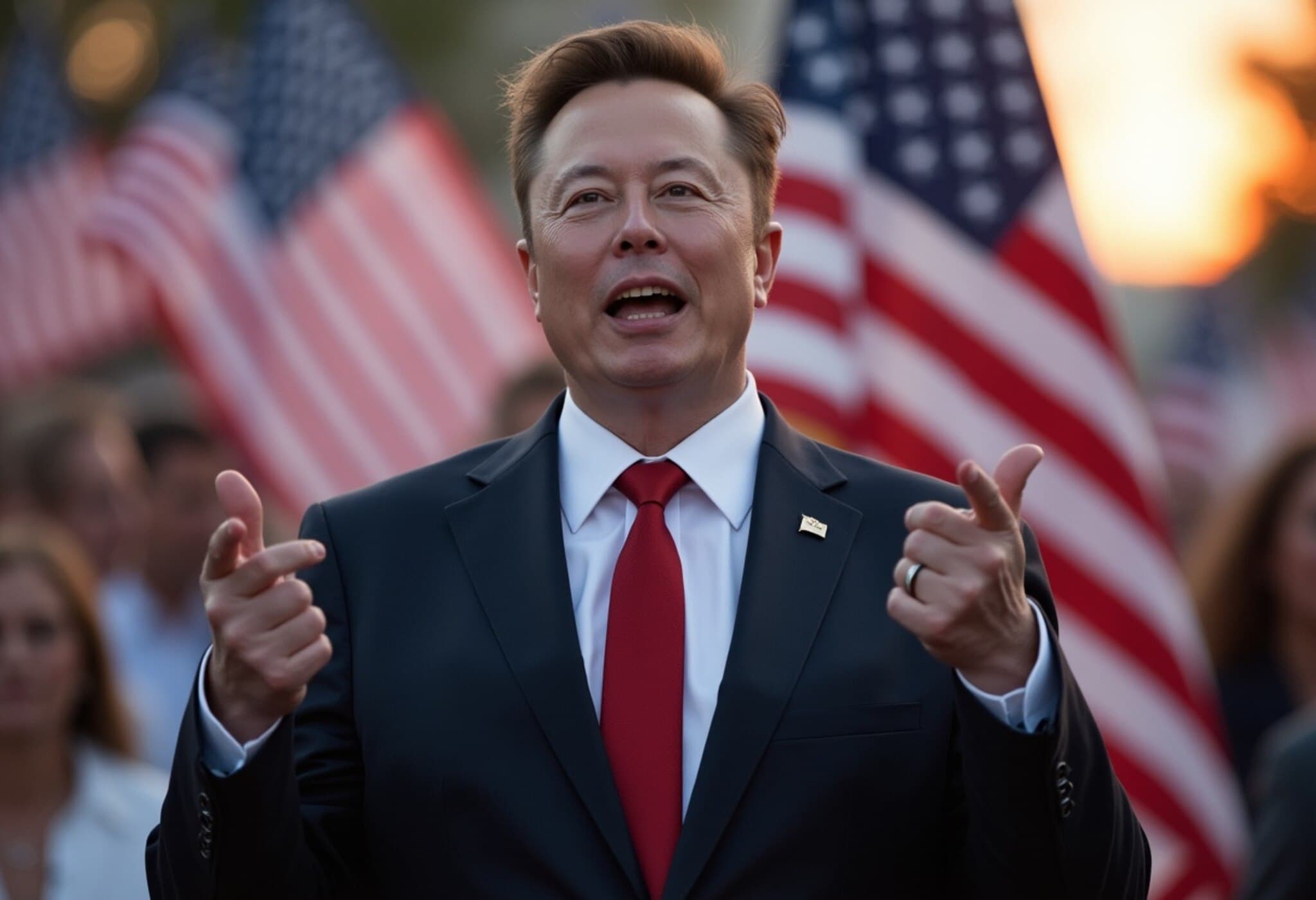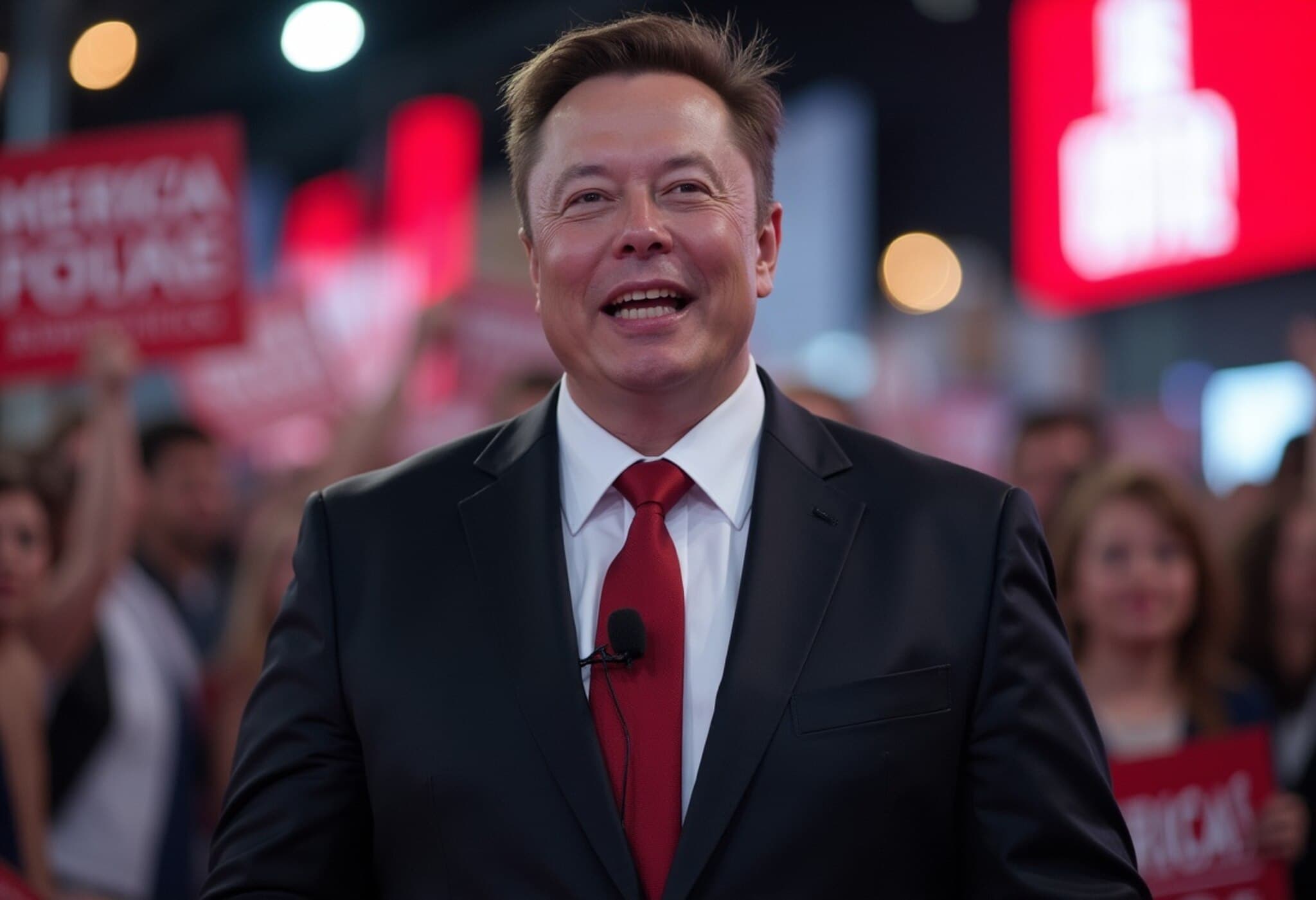Donald Trump Skewers Elon Musk's New Political Venture
In a sharp rebuke, former President Donald Trump publicly derided Elon Musk’s announcement of the “America Party,” branding the initiative as "ridiculous" and a disruptive force to the longstanding two-party political tradition in the United States.
The Clash of Titans: Trump and Musk’s Political Divergence
Elon Musk, the Tesla and SpaceX CEO, recently unveiled the America Party—a bold attempt to challenge what he calls the entrenched "one-party system" dominated by Democrats and Republicans. Musk’s move marks a significant pivot into political arena following his fallout with Trump, primarily over contentious federal spending cuts and opposing views on electric vehicle (EV) mandates.
Responding to Musk’s political gambit, Trump reaffirmed his faith in the two-party system, stating, "I think it’s ridiculous. We have a tremendous success with the Republican party. The Democrats have lost their way but it’s always been a two-party system, and I think starting a third party just adds to confusion." He further dismissed third parties as ineffective in the American political landscape, remarking, "Third parties have never worked, he can have fun with it."
Fierce Criticism on Social Media
On his social platform, Truth Social, Trump lashed out more intensely, alleging that Musk has “gone completely off the rails” over the past five weeks. Calling Musk’s new political experiment a “TRAIN WRECK,” Trump warned that third parties are often synonymous with “Complete and Total DISRUPTION & CHAOS” — something the country already grapples with due to what he terms the “Radical Left Democrats.”
Highlighting the recent legislative milestones, Trump touted the passage of what he calls “the biggest Bill of its kind in the History of our Country,” which notably rolled back the controversial EV mandate. He emphasized that the rollback permits consumers the freedom to choose from gasoline-powered vehicles, hybrids, or future technologies, challenging Musk's earlier pro-EV stance.
Delving Deeper: Political Dynamics Behind the Scenes
Trump went on to allege that Musk initially endorsed his campaign despite their diverging positions on vehicle mandates. “When Elon gave me his total and unquestioned Endorsement, I asked him if he knew I was going to terminate the EV Mandate — it was in every speech I made. He said he had no problems with that — I was very surprised!” Trump shared.
Adding complexity to their relationship, Trump revealed that Musk proposed a close associate to head NASA—a friend Trump described as a “blue-blooded Democrat” with no Republican ties. While acknowledging the candidate’s qualifications, Trump expressed concern about potential conflicts of interest, given NASA’s integral role in Musk’s corporate endeavors like SpaceX. "My Number One charge is to protect the American Public!" Trump declared.
Contextualizing the America Party in the U.S. Political Landscape
Musk’s foray into creating a third-party alternative challenges deep-rooted American political norms. The U.S. has historically been dominated by two main parties, with third parties struggling to gain lasting traction or influence. Yet, Musk’s initiative taps into a growing disenchantment among voters frustrated by polarized politics and perceived gridlock.
- Political Realism: Third parties rarely win major offices but can influence policy debates and elections indirectly by swaying major party platforms.
- Economic Implications: Musk’s opposition to EV mandates aligns with free-market advocates who argue that consumer choice fosters innovation without government overreach.
- Legal and Institutional Barriers: Ballot access laws, campaign financing structures, and media coverage biases heavily favor the two-party system.
The Broader American Experience
From a policy analyst’s viewpoint, Musk’s America Party could symbolize a modern pushback against the political duopoly, reflecting wider societal shifts in trust, power, and technology’s role in governance. However, Trump’s critique underscores the entrenched establishment’s resistance to disrupting the status quo.
Furthermore, Musk’s emphasis on cutting government spending as head of the Department of Government Efficiency illustrates the tension between innovation-driven billionaires and traditional political actors. The controversy around the EV mandate highlights how emerging technologies intertwine with political ideology and economic interests.
Underreported Questions and Considerations
- How will Musk’s America Party navigate the complex regulatory and electoral hurdles faced by new political entities?
- Could Musk’s business interests—particularly in electric vehicles and space exploration—create conflicts influencing his political agenda?
- What impact might this clash between Musk and Trump have on Republican cohesion and the upcoming election cycles?
Editor’s Note
The unfolding rivalry between Donald Trump and Elon Musk encapsulates a broader clash of visions for America’s political and economic future. Musk’s gambit to establish a new political party ignites critical debates about party structure, innovation, and democratic representation in the 21st century. Yet, Trump’s dismissive response highlights how resilient and protective the current political system remains.
As these powerful figures vie for influence, voters face an evolving landscape where technology, politics, and ideology intersect in unprecedented ways. Will Musk’s America Party emerge as a genuine disruptor or another footnote in political history? Only time will tell, but the debate itself forces us to reconsider what democracy can and should look like in an increasingly complex world.

